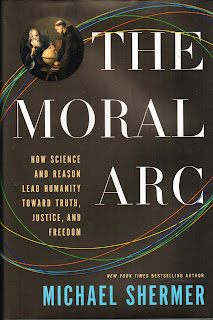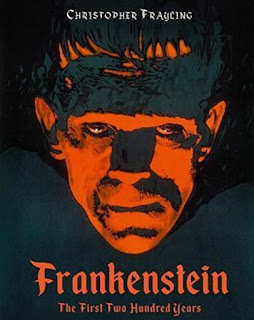Sure, I've forgotten things throughout my life. Boyhood, of course, is Pure Forgetfulness ... though maybe that's not the right phrase. When I was a kid, it was not so much that I forgot my parents' birthdays, anniversary, Father's Day, Mother's Day, etc.; it was that, well, it was my life that mattered, you know? They were adults. Free. What did they need from me?
How about respect? Love? Nah ...
I remember once asking my mother (when I was a boy): "There's a Mother's Day and a Father's Day--why isn't there a Children's Day?" And Mom, ever quick, said, "Every day is Children's Day."
As I would subsequently learn.
Later on, I forgot other stuff. Homework (well, maybe not so much forgot as repressed or neglected). In our senior class play at Hiram High School on May 11, 1962--Ever Since Eve--I dropped a key line, walked over to the wings, mumbling, saw the canary cage standing there, a prop, and said--oh such a swift young man was I!--"Bird cage!" in a loud, ironic voice. And gestured wildly for the classmate waiting to come on. She was right in front of me. She whispered, "You haven't said your line." Accurate. I whispered in reply: "I don't know my line." Also accurate.
And on she came, saving my bacon, though it was already sizzling in the skillet of failure.
Oh, almost forgot: Another thing I could not remember. On one of our vocabulary quizzes in high school English (Mr. Brunelle!) I could not remember the definition of tacit. Tried every mnemonic trick there is. Nope. And so I subsequently placed it on my own vocab lists when I became a teacher--8th graders and 11th graders. And now I know: tacit means "silent or unspoken."
I think.
So ... throughout my life ... forgetfulness in one guise or another.
But this morning ... my All-Time Champion Act of Forgetfullness (so far?).
I walked over to Open Door Coffee Co. (as is my wont) about seven o'clock (a journey of about a quarter-mile), and when I got there and was unloading my stuff onto "my" table, I noticed that I seemed to have dropped one of my black gloves. Where?
I looked under the table. In my coat pockets (several times--an idiotic move, right? I mean, if it wasn't there the first time, why would it be there the 2nd, 3rd, 8th time?). On the coffee shop floor? Nope, nope, nope.
So ... outside I went. I looked down the sidewalk. No black glove. I retreated all the way down to the crosswalk (about 1/4 of the way home). Nope. Walking back (in a daze) to the shop, I heard a passing car honk at me. A few moments later I got a message via FB: A former student from long ago. (And, yes, dammit, I remembered her name!)
So ... I worked a couple of hours. Walked home. Saw the black glove lying on the table top where we keep our gloves.
Went upstairs. Asked Joyce about it. She'd found it on the floor by the table. Whew--don't have to buy some new gloves.
But here's the problem: I had walked all the way over to the coffee shop wearing only one glove. And did not notice I'd done so until I arrived!
I guess I'm like OJ Simpson, arriving home, missing a black glove.
Though I'm pretty sure I didn't kill anyone.
Or did I?
 |
| the damning evidence |




































